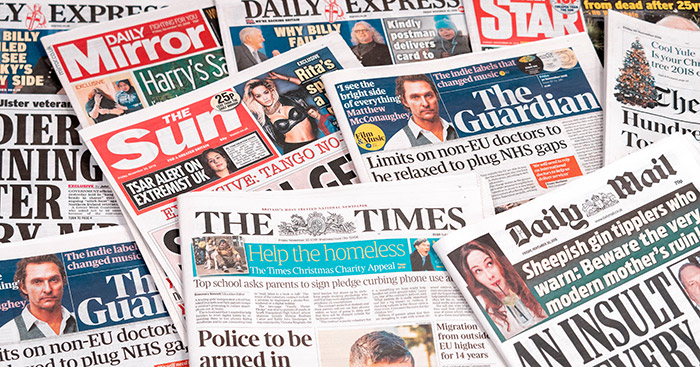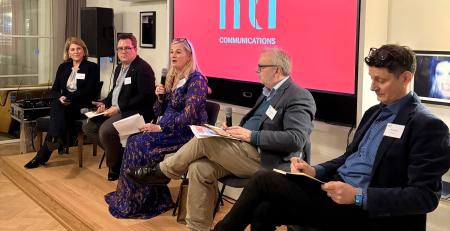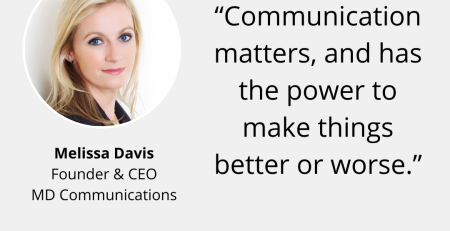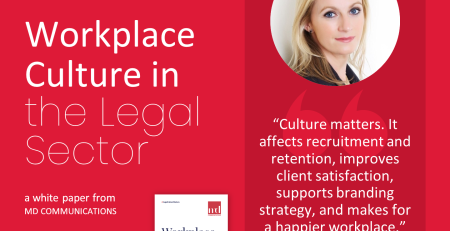How do lawyers get noticed in the media? Our new partner Steve Rudaini explains why plain, easy-to-understand language is key to getting coverage.
Did the headline catch your attention? Well that is the first lesson. You read the headline correctly – every lawyer should read the Daily Mail. Don’t worry, this has nothing to do with attempting to shape the legal sector’s political leanings, nor is the Daily Mail paying me to write this. My reasons for this request come from 16 years (and counting) of working alongside solicitors and barristers on their public relations.
The Daily Mail, as well as The Sun, Daily Mirror, Daily Express, Metro and others (take your pick), know how to make readers pay attention, read and understand what they are writing about. Not all lawyers do.
To be fair to our learned legal friends, they are not trained or paid to do that. However, in the age of social media and online news, as well as 24/7 news outlets on our televisions, tablets and phones, being able to reach and communicate with the public, clients and potential clients carries greater value than ever.
Lawyers were, to some extent, unexposed to the world in the pre-digital era. People only knew what a barrister was from seeing Rumpole of the Bailey on the television.
Today, just take to Twitter, LinkedIn, the news on the television and everywhere else and you’ll find a lawyer commenting on something. Rightly so, I say.
So, ‘what has the Daily Mail got to do with that?’, I hear you ask. The legal experts who get noticed, who get the column inches, who appear on the TV explaining a complex area of the law are the ones who have worked out that they must use language that appeals to the masses and that Joe Public can understand.
Over the years, I’ve had the pleasure of working with great legal minds, whose brains are 10 times the size of mine, on drafting articles and media comments that are due to appear in the mainstream press or more niche publications. Words and phrases such as henceforth, through-put, remuneration and Doli incapax have cropped up. When I first joined the Bar Council to head up their communications efforts in 2014, it felt like most of their messaging was in Latin (in fact, it probably was).
This kind of language might have its place in the court rooms or in chambers and conference rooms of law firms, but for those outside the legal sector, plain, easy-to-understand language is key.
My top tips are:
- Never assume people know what you are talking about, or understand legal terms or acronyms often used within legal circles.
- Write in an engaging manner that gets straight to the point, even using words that conjure up images in the audience’s mind.
- It’s even acceptable to write in an emotive way, rather than simply factual. People buy people so the more it feels personal to them, the better.
- Keep it concise. Two or three sentences is fine.
The likes of the Daily Mail have mastered this, which is why it has over 36m monthly readers (print and online).
The Bar Council changed the way it communicated with all audiences and it had an effect; the world noticed it more.
The Chair of the Bar Council, who I advised, once said to me: “We are lawyers, not politicians or journalists.” That is my point. Write like a politician or a journalist, both of whom need to appeal to the public, and you have more impact.
Even if your target audience is a sophisticated client base with a very specific knowledge, they will still understand plain, basic, easily accessible language.
Reading the Daily Mail or other similar publication, even if just once a month, online or in print, can help lawyers get a better sense of how to adapt their writing for wider audiences and connect with their client base more effectively.
If you can’t stand the thought of doing that, you know where to find me and my fellow legal PR experts.












